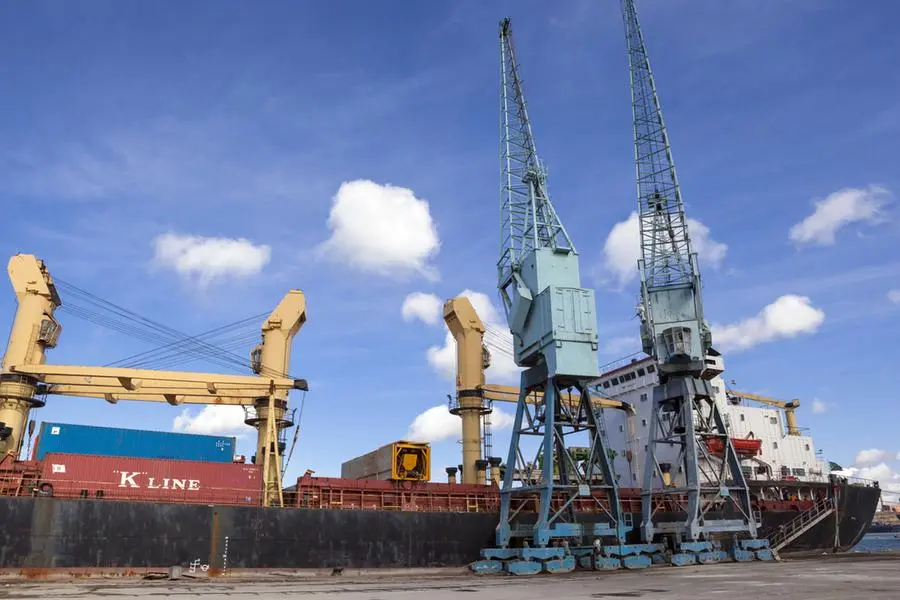PHOTO
Kenya has rescinded a controversial shareholding policy in maritime transport business, potentially averting a crisis which could have disrupted services to the Port of Mombasa.
Prime Cabinet Secretary Musalia Mudavadi said the Merchant Shipping (Maritime Transport Operators) Regulations, 2024 which had provided for the controversial policy, will be recalled and adjusted in a way that does not hurt foreign investors.
The regulations initially limited foreigners to minority shareholding in maritime transport service in the country, forced foreign operators into joint ventures and required that those firms provide for only 10 percent of its workforce in the country to foreign expatriates.
They also required that Kenya Maritime Authority (KMA) provide licence to them, despite majority of liners being regulated by international bodies.
The regulations provided that KMA is the sole body to hear any dispute regarding licensing, and that appeals against any licensing decisions can only be made to the director-general of KMA, rather than an independent Judiciary.
But the government has since assured shipping lines and other shipping and logistics industry players that all maritime operators, will receive 2025 licences without regard to the regulations in question.
The operators’ licences were to lapse on December 31, meaning those who would not have adjusted their ownerships would lose permission to ferry cargo into and out of Kenya for the year 2025.“Kenya is a free-market economy and a hub for international investment, thus we recommend department concerned to revoke and/or remove the offending regulations,” said Mr Mudavadi in an advisory to the Ministry of Mining, currently headed by former Mombasa Governor Hassan Joho.
He also urged the ministry re-engage the shipping and logistics industry players for a better regulatory regime.“In light of the foregoing, it is recommended that the best course of action be taken to ensure the continued development of the shipping and logistics industry in Kenya and we assure the shipping and logistics industry that all maritime operators will receive 2025 licences and that the same will be issued without prejudice or threat of revocation, based on the criteria that existed prior to the enactment of the regulations,” Mr Mudavadi said in a statement on Thursday.
Liners and shipping agents had protested the regulations, forcing the Kenya Ship Agents Association (KSAA) to file a suit asking the court to declare the rules unconstitutional. After a number of appearances in court by the parties, the matter was scheduled for ruling on February 6, 2025.
November usually records highest maritime cargo orders abroad, to be delivered in early January and laxity by the Kenyan government could have resulted to Mombasa port losing huge business to rivals.
In the communication that was also copied to various government ministries and departments, Mr Mudavadi admitted the regulations would have far reaching implications to maritime transport operators, with detrimental effects on the business and investment environment in the country.
Among the foreign investment which could have been impacted include the EU-Kenya Economic Partnership Agreement (EPA), which was concluded on June 19, 2023 and entered into force on July 1, 2024).
EPA provides incentives for exports into the EU market, but also requires Kenya to provide legal certainty on taxation, shareholding and security of investments.
In 2023, 16 percent of Kenyan exports were destined for Europe worth approximately $1.28 billion including vegetables, fruits and flowers.
The overall trade between Kenya and the EU was $3.3 billion in 2022, and the intention of the EPA is to create more opportunities for Kenyan businesses and exporters.
© Copyright 2022 Nation Media Group. All Rights Reserved. Provided by SyndiGate Media Inc. (Syndigate.info).




















